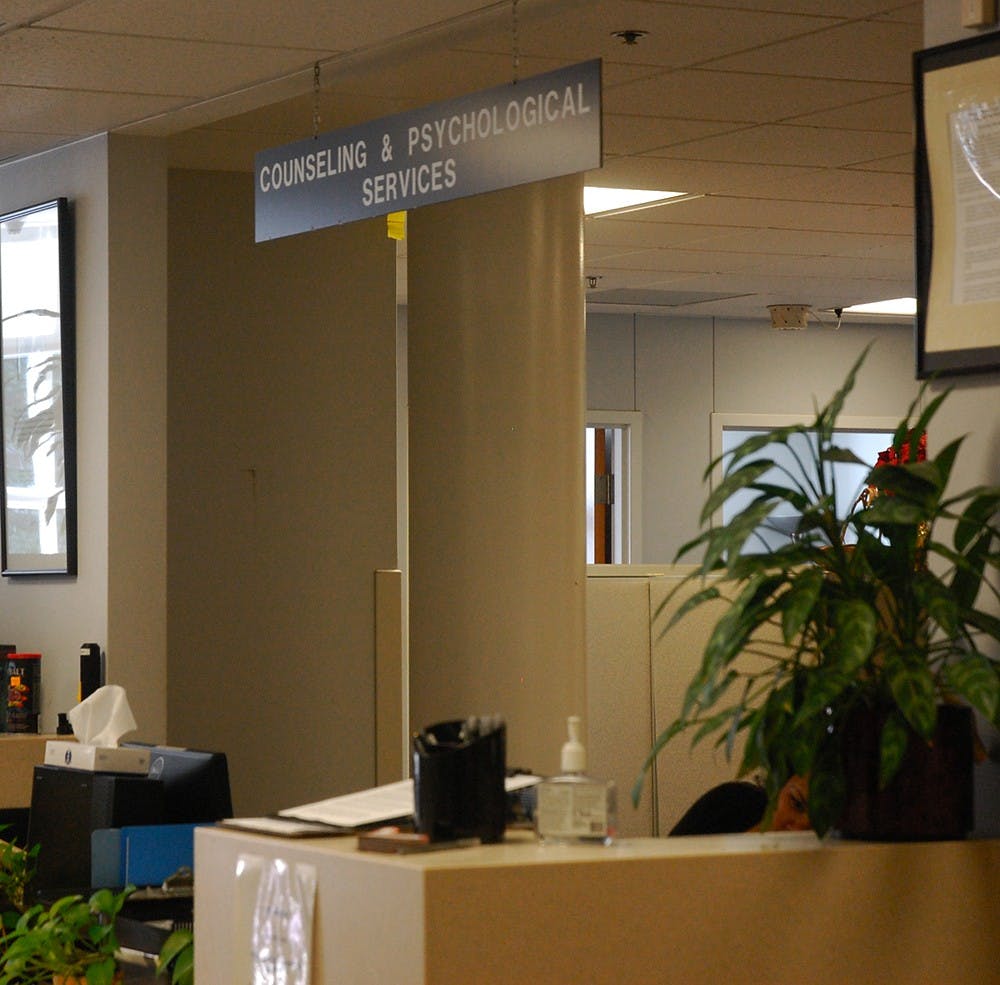The University’s Counseling and Psychological Services has responded to a difficult year by expanding its services and outreach programs to help reach a greater number of people on Grounds.
CAPS is the University’s student counseling clinic, which provides consultation, education, outreach and crisis management at the University.
Last year, the University community faced a number of difficult situations. Among them were several the deaths, the impact of the Rolling Stone article published in November 2014 and a the brutal arrest of University student Martese Johnson by state officers.
These events resulted in increased educational campaigns for awareness of on-Grounds psychological services. As a result, CAPS has seen an increase in the number of people utilizing its services.
Events in the last year have brought light to the services provided and lessened the negativity associated with seeking mental health help, CAPS Director Tim Davis said.
“I think it’s created kind of a new plateau of accessibility and a lower plateau of mental health stigma,” Davis said
Since the events of last year, there has been a 15 percent increase in student requests for counseling at CAPS. The office hired six to seven temporary private counselors last October and has permanently hired five new employees this year, Davis said. They have added intake appointments, transferred resources from medication management to first counseling appointments, and have increased group counseling.
The most important change CAPS made to cope with the demand for counseling last year was to expand outreach programs, Davis said.
“We were doing everything to make sure we were proactive and could help the community support itself,” Davis said. “We weren’t waiting one by one for students in crisis to come through our doors. We felt that we needed to do a lot more than that.”
Demand for services from CAPS on Grounds is not being fulfilled due to fear of reaching out, Davis said.
“When we get students alone, even in surveys, they tell us that they struggle,” Davis said. “We know that nearly 50 percent of U.Va. students in the past year felt that something going on in their personal or emotional lives was so intense it got in the way of their academic function.”
It is important for students to have somewhere to go when they are feeling overly stressed, first-year College student Sam Finkel said.
“I think that we are at one of the most prestigious schools in the country,” Finkle said. “A lot of that is coupled with stress as people are try to balance school, friends and activities.”
Second-year College student Amanda Turner said if she was facing overwhelming stress and needed someone to talk to she would feel comfortable going to CAPS.
“It’s close and sometimes when you have problems that you can’t talk to with your friends or family it is nice that there is some one else you can talk to,” Turner said.
On the other hand, second-year College student Jake Spradling said he would not feel comfortable going to CAPS. He said it wasn’t a problem with CAPS, but with the stigma he said is still attached to seeking counseling.
“Once you go there people might look at you differently,” Spradling said. “There are other ways of dealing with stress. For me it’s not the place to go.”
Davis said only about 20 percent of those who say they would benefit from CAPS have actually reached out to them.







